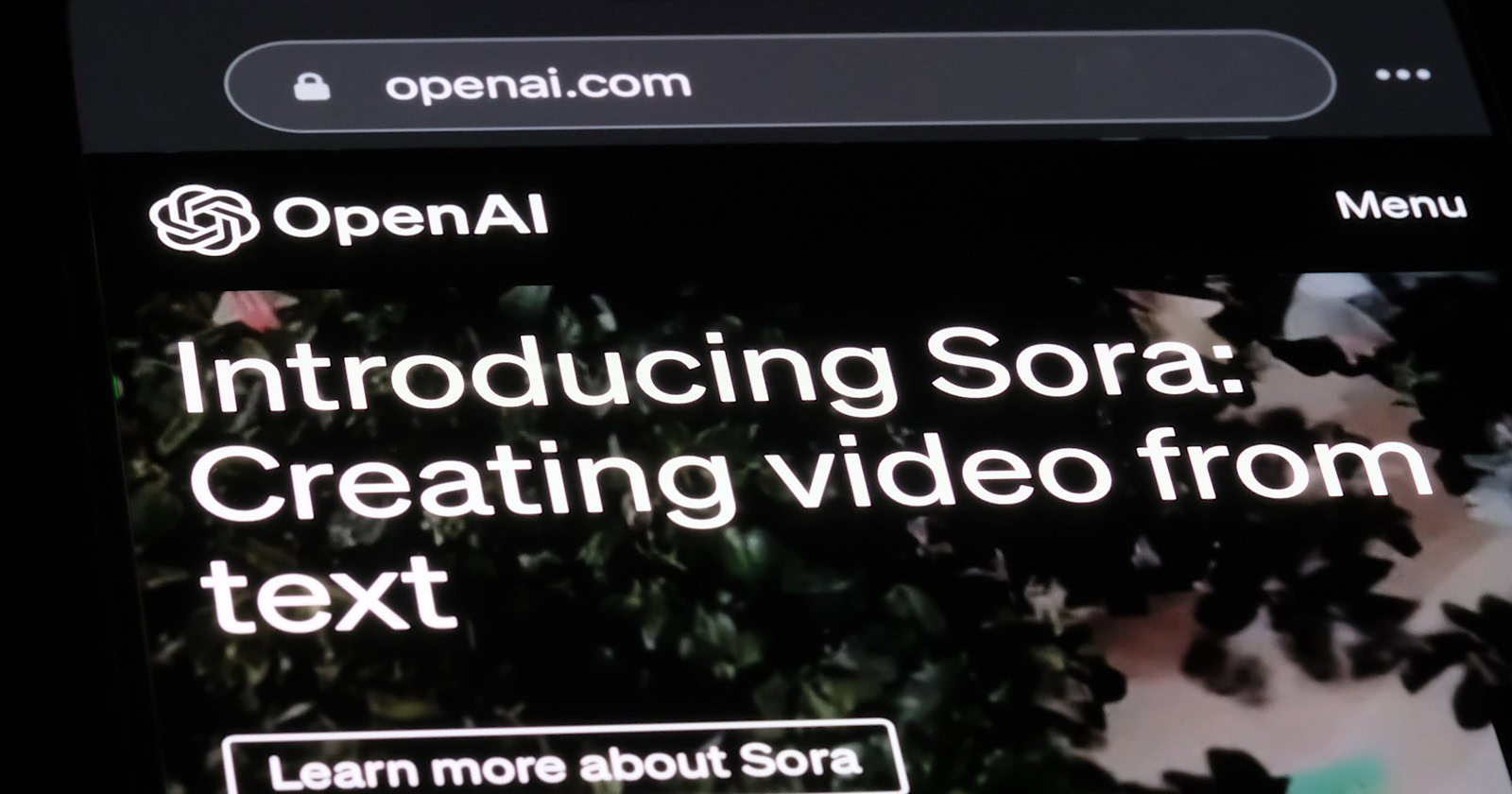How agencies are hiring and retaining talent amid the ‘Great Resignation’
Four strategies—including hiring comedians—that agencies are embracing.

While COVID-19 conditions in parts of the country seem to be improving, the "Great Resignation" continues to be in full swing. Nearly 4.3 million people quit their jobs in January, which is near the record set in November, according to a report by the U.S. Department of Labor this month. As the situation continues to be top of mind for companies, some agencies are taking unique approaches to hire and retain talent.
Here’s a look at a few.
Looking outside the industry
Havas’ Arnold Worldwide launched its Institute for the Comedically Gifted residency program in June. The goal is to find comedy writers from non-traditional backgrounds.
“If there are lots of [working comics] that are more seasoned than someone I might find at an ad school,” who are working as stand-ups or trying to break into TV comedy writing, said Sean McBride, chief creative officer at Arnold. “Why wouldn't we try to make freelancing or working with us part of what they do to make a living?”
Arnold, which counts Progressive Insurance among its clients, is known for its comedic ability, said McBride, noting that there isn’t a “natural training ground for funny in advertising” so he began to look for opportunities for talented humorists outside the ad business.
The agency's comedy writing program is paid and takes on two people for three months at a time with a chance of getting hired full-time. Since its launch, the shop has hired one person, Sam Ike, who was doing standup in Boston and is now a junior copywriter at the agency. McBride says he hopes the agency's search for new talent will build the shop's diversity, introducing it to more BIPOC, LGBTQ+ communities, and women who will bring more “authentic and exciting voices” to its comedic writing.
Arnold finds potential residents with the help of recruiters who have a background in comedy; it also looks for talent in comedy clubs around the U.S. and schools with comedy writing programs such as Emerson College in Boston.
Another example of an agency looking for people outside of the industry is OMD Worldwide, whose Nest fellowship program launched in September with four fellows. The goal of the program is to recruit talent from traditional and non-traditional backgrounds and have them spend six months learning across practices including integrated media planning, video investment, digital activation, and marketing science. At the end of their fellowships, the participants identify their preferred practice and are offered a full-time role.
One such fellow is Eric Villarreal, who spent more than 20 years in the U.S. Marine Corps in various strategic planning and recruiting roles and is now part of the agency’s U.S. Army client account. The agency launched its second iteration of the program this month with eight participants who come from different areas of expertise such as a McDonald's manager, IT support specialist, a former military air traffic controller, a real estate agent, and more.
Rethinking freelance
A recent report by Staffing Industry Analysts found that large organizations are using talent platforms like Upwork, Fiverr, and CareerBuilder as resources more than ever, with 22% of big employers using such sites in 2021 compared with 14% in 2020.
One agency taking a slightly different approach to freelance is Via, whose Vialocity program is designed to give the agency access to diverse talent working on retainer. The program, launched in 2018 well before the pandemic, allows for people to work remotely with the opportunity to get hired full-time. Participants are paid a flat-rate stipend even if they aren’t working on a specific project at the time, which is meant to keep freelancers “engaged and attached to Via,” according to Leeann Leahy, CEO of the Portland, Maine-based agency. “The only requirement for that is that Via asks they check their email weekly or so to know what is going on with their business," she added.
“What it does for us is it allows us to have a cadre of people who expand our geography, they expand our demography, expand different lifestyle stages or life stages that people are in,” said Leahy. Vialocity attracts talent from stay-at-home moms to photographers, journalists and illustrators. The first year of the program brought on 10 participants and the program has now grown to about 25, Leahy said.
The freelancers are mostly creatives or planners and are usually put into a team. Some have worked on campaigns for Arm & Hammer's cat litter and laundry products. Others on the planning side were put to work writing specific briefs for a client. “Whatever role you bring into Vialocity is the role that you play on the team,” Leahy said.
Through the program, the agency once employed a park ranger to work on the L.L. Bean account and a government attorney who consulted for the shop's accounting and finance department.
Vialocity members have the option to become full-time employees and relocate to the agency’s Portland, Maine headquarters or they can continue to work remotely as part of the program. It does, however, require members to work in person at the agency for at least 10 days per quarter.
Building a curriculum
When Omnicom's PHD saw a decrease in available strategist talent with one or two years of experience, Stacy Gomez head of U.S. digital operations, instituted Digital Media Boot Camp in November of last year. The program is dedicated to onboarding entry-level employees, but it also works as retention tool focused on search, social, and programmatic roles.
“Instead of waiting for qualified candidates, we came up with a model that accelerates training and gets talent upskilled quickly,” Gomez said. “We knew that if we could do that, not only would we fill the talent gap at that level, but we'd also have such a great advantage in the market.”
In the first month after being hired, participants are assigned a month-long syllabus. Some 15 new hires participated since November, doing 40 hours a week of live and self-guided training classes. An additional 155 recent hires participated for 20 hours a week. The new hires were also given a “running mate," or PHD employees who volunteer to support them during the program.
“During the interview process, we explained what search was, what social was, and what programmatic was to see if [candidates] had a preference and also if they had a client preference they wanted to work on,” Gomez said. "If someone had a huge passion in travel we could match them with Delta or Carnival.”
See all of Ad Age's A-List 2022 winners here.
One of the biggest benefits of the program is it fast tracks the new hires to be potentially promoted within six months to strategist positions, which Gomez said would normally take a year.
“What I like to say is that they [the new hires] learned three months of content in three weeks," Gomez said. “So if you're looking at it that way, they should be able to be a strategist within two or three months. But we want to make sure that everyone gets the experience. And honestly, there's no way that you can rush experience. You have to be put in different situations, launch campaigns, and do all that. So I provided goals to all of their managers to say what they [the new hires] need to do to get to that strategist level. I'd like it to be around six or nine months versus a year, but this is the inaugural program.”
This spring, PHD is expanding the Boot Camp to include a two-week intensive training course in April with a focus on “cross-skilling buyers in the video space.” The agency is also working on a "Manager Academy" to provide employees with the skills necessary to eventually become a manager.
Removing degree requirements
A trend that has been gaining traction over the past few years is removing the requirement for a degree for certain positions. Agencies like GroupM, Mindshare, Deutsch New York and VaynerMedia have taken steps to remove degree requirements from certain positions.
Commerce agency The Stable has never required degrees; it was founded in 2015 by CEO Chad Hetherington, who skipped college himself. Last week, the agency made its first hire for its #NoCollegeNoWorries apprenticeship program. Over the next 15 months the new hire, Grace Slaubaugh, will work across all departments of the agency, from retail to marketing, according to a statement by the agency. Eventually, the goal is to find a permanent position within the agency for its apprentices, according to its original job post.
The Stable plans to continue the #NoCollegeNoWorries program with another apprentice opportunity in October 2022.
“This initiative certainly hits home for me and is something I’m extremely passionate about,” Hetherington said in a statement. “I feel there is this enormous pressure that if you didn’t go to college you’re not going to be successful in your career—we want to prove that wrong.”
In 2020, VaynerMedia launched its three-month-long media residency program, a full-time program with 9-10 hours per week spent in classes; the remainder involves working with client teams on brand work.
It originally started with 16 residents on the media team but has since grown to offer spots in strategy and creative departments. There are 52 total residents in the program—36 in media, six in strategy, seven in creative and three in analytics. The number of spots varies depending on business needs at the time of the class. After being put on a team, each resident is assigned a “buddy” or mentor who also works at the agency.
Since its launch, 252 residents have gone through the program, which has a 96% retention rate. While the agency didn’t specify the exact salary these residents receive, it said that the pay is above minimum wage.
The program —including benefits—allows for people from 18 and up to apply without having to have a college degree, something Vayner got rid of six years ago when it hired Claude Silver as its chief heart officer. The first thing she did in her role was to eliminate the degree requirement for the agency. “I thought that that was a real bottleneck and why, if we didn't have to have it?” she said.
While a degree isn’t required, the agency wants to see if applicants have relevant experience working in a fast-paced environment, in tech, e-commerce, NFT’s, crypto and other areas that of the agency's focus, Silver said.

 Koichiko
Koichiko 
































